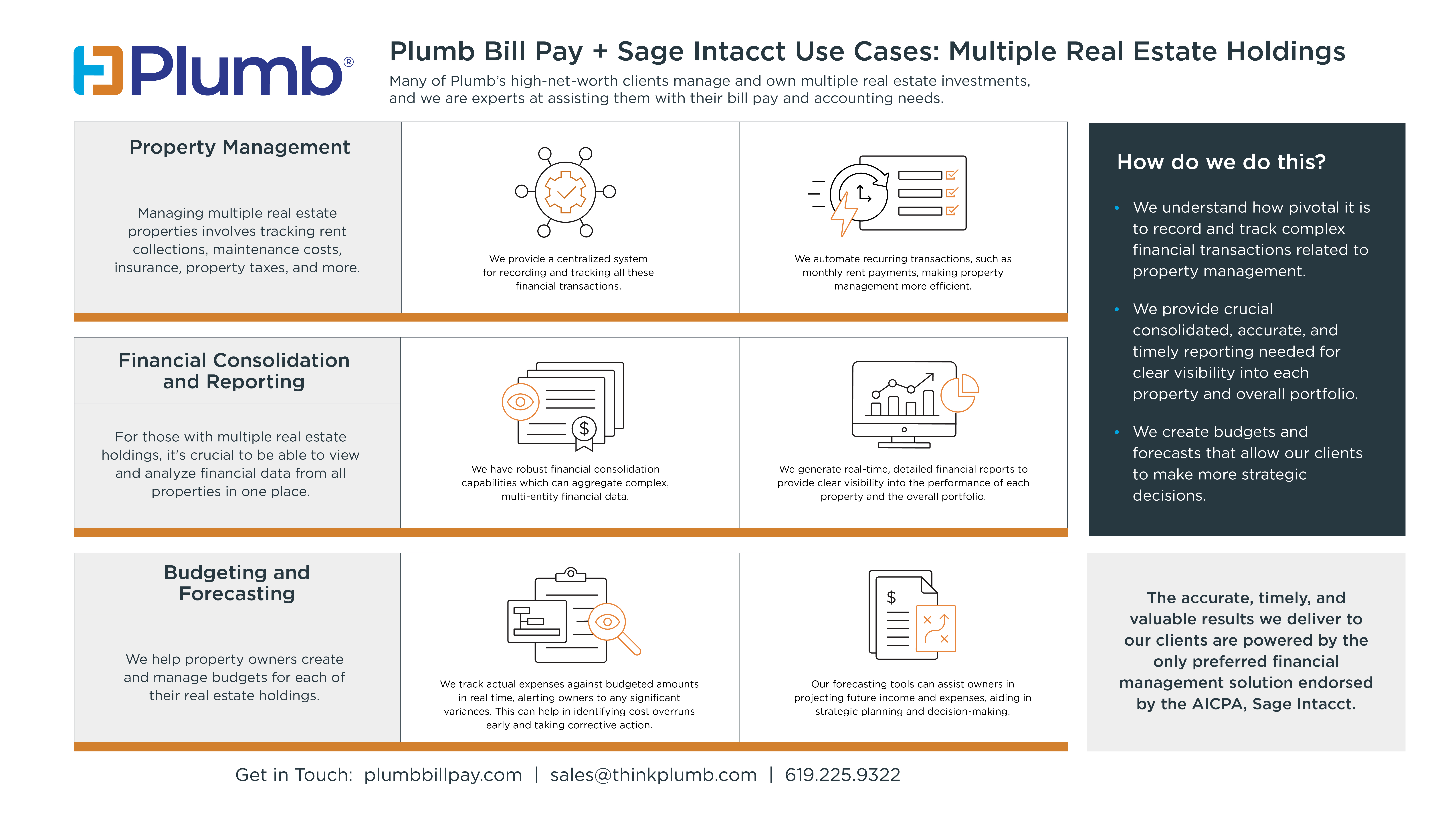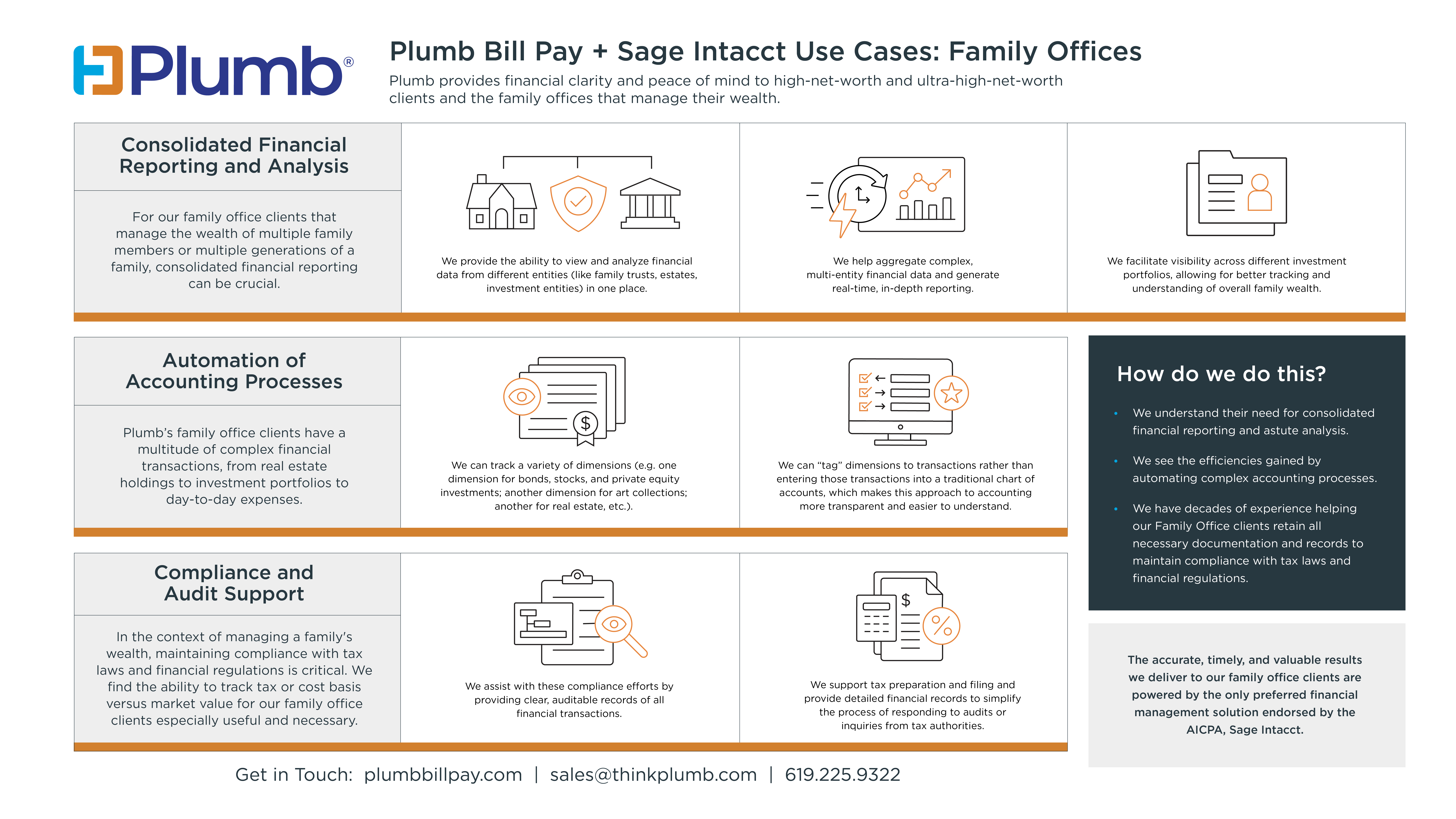
High Net Worth (HNW) individuals often seek to diversify their investment portfolios beyond traditional assets like stocks and bonds. Alternative investments have gained popularity among this demographic due to their potential for higher returns and portfolio diversification. However, understanding the reporting requirements for alternative investments is crucial for both investors and financial professionals to ensure compliance and transparency. This article explores the nuances of HNW reporting, types of alternative investments, and the associated reporting requirements.
Alternative investments encompass a diverse range of assets beyond traditional stocks, bonds, and cash equivalents. Common types of alternative investments include private equity, hedge funds, real estate, collectibles, commodities, and venture capital. While these investments offer the potential for higher returns, they also introduce complexities in reporting and valuation.
- Private Equity: Private equity investments involve acquiring ownership stakes in privately-held companies. Reporting requirements for private equity investments may include periodic financial statements, valuations, and disclosures of investment strategies. Additionally, investors must adhere to regulatory guidelines governing private placements and investor accreditation.
- Hedge Funds: Hedge funds employ various investment strategies, including long-short equity, arbitrage, and derivatives trading. Reporting requirements for hedge fund investments often involve disclosing performance metrics, risk profiles, and fund expenses. Investors may also need to report their hedge fund holdings for regulatory compliance and tax purposes.
- Real Estate: Real estate investments encompass residential, commercial, and industrial properties, as well as real estate investment trusts (REITs). Reporting requirements for real estate investments may include property appraisals, rental income statements, and depreciation schedules. Investors must also comply with tax regulations governing capital gains, rental income, and property deductions.
Reporting on HNW statements requires meticulous attention to detail and adherence to regulatory standards. It is crucial to accurately compile financial information, including the proper booking of alternative investments, to reflect the comprehensive position of the individual and their overall portfolio. Each type of alternative investment may require a different accounting treatment based on its characteristics and regulatory requirements. It is essential to stay updated on accounting standards and consult with professionals to ensure compliance and transparency in booking alternative investments.
Additionally, HNW statements should provide a breakdown of asset allocation across various investment categories, including alternative investments, to offer a holistic view of the portfolio’s composition. Compliance with reporting standards ensures consistency and comparability. Regular reviews and audits by qualified professionals help maintain the integrity of HNW statements and instill confidence among stakeholders including investors, regulatory authorities, and financial institutions. Overall, thorough reporting practices facilitate effective wealth management and decision-making for HNWI and their advisors.
Consolidating tracking of alternative investments involves implementing a robust system to monitor and manage diverse asset classes effectively. One approach is to utilize investment management software that integrates data from various sources, including private equity funds, hedge funds, real estate holdings, and commodities. This centralized platform enables investors to access real-time information on portfolio performance, risk exposure, and liquidity.
- Benefits of Consolidating Tracking
- Enhanced visibility into asset allocation
- Streamlined reporting processes
- Improved decision-making.
- Challenges That May Arise
- Limited transparency
- Illiquidity, and
- Valuation discrepancies
With proper tools and expertise, consolidating tracking of alternative investments can optimize portfolio management and maximize returns while mitigating risks associated with these non-traditional asset classes.
In conclusion, comprehending HNW reporting concerning alternative investments is indispensable for both investors and financial professionals navigating the complex landscape of wealth management. By accurately documenting these investments and integrating them into comprehensive financial statements, HNWI can gain clarity on their portfolio composition, risk exposure, and performance. With a steadfast commitment to transparency, diligence, and expertise, HNW investors can effectively harness the potential of alternative investments to achieve their financial objectives in today’s dynamic investment landscape.
Take the Next Step Towards Financial Ease and Clarity: Experience the benefits of secure and streamlined financial management. Contact us at sales@thinkplumb.com to discuss how our outsourced bill payment services can enhance accuracy, save time, simplify record-keeping, and reduce stress. Your peace of mind is our priority.










